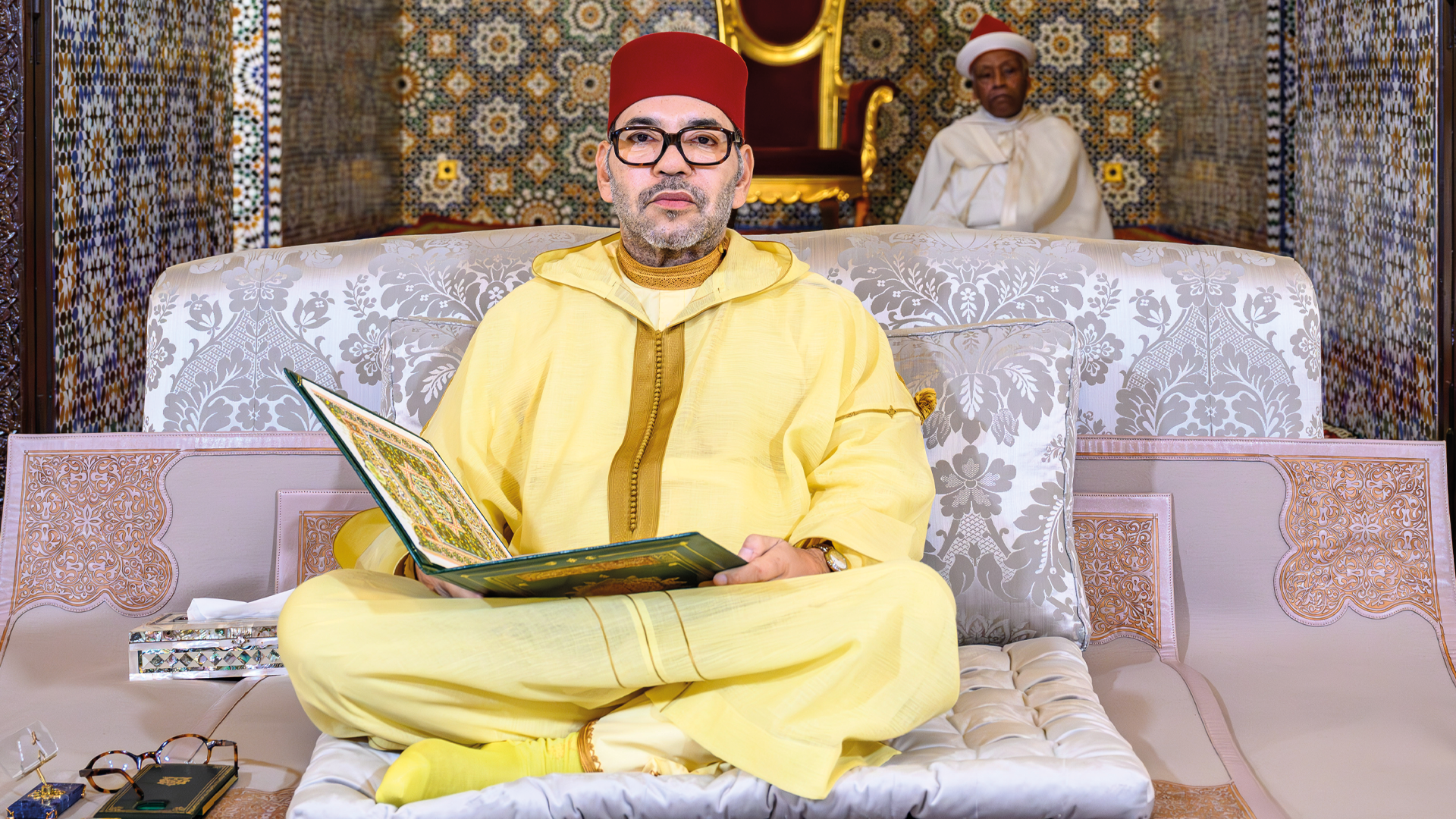On the occasion of Eid Al Fitr, celebrated on March 31 in Morocco, King Mohammed VI granted pardon to 1533 People, sentenced by the different Moroccan courts, the Justice Ministry said in a statement.
The Ministry of Justice unveiled the list of the beneficiaries of the royal pardon, who are either detained or serving a suspended sentence. The list includes 31 individuals who had been convicted in cases of extremism and terrorism.
The Royal pardon to these 31 persons came after they had officially expressed their commitment to the unwavering and sacred constants of the Nation and national institutions, revised their ideological orientations and rejecting extremism and terrorism, the Ministry of Justice said.
On this glorious occasion, His Majesty the King, may God preserve Him, has kindly granted His Pardon to prisoners convicted in cases of extremism and terrorism, who have obtained the Royal Approval after officially expressing their attachment to the unwavering and sacred constants of the Nation and national institutions, revising their ideological orientations and rejecting extremism and terrorism.
The list of the beneficiaries of the royal pardon also includes inmates who were granted pardon over their remaining jail terms, convicts who had their prison terms reduced, and prisoners who saw their sentences commuted from life imprisonment to fixed jail terms.
Some convicts benefited from pardon over their imprisonment terms but their fines were maintained. Other convicts saw their fines canceled, while others benefited from both a pardon over their prison terms and fines.
The King usually grants free pardon to inmates and convicts on religious and national holidays.



